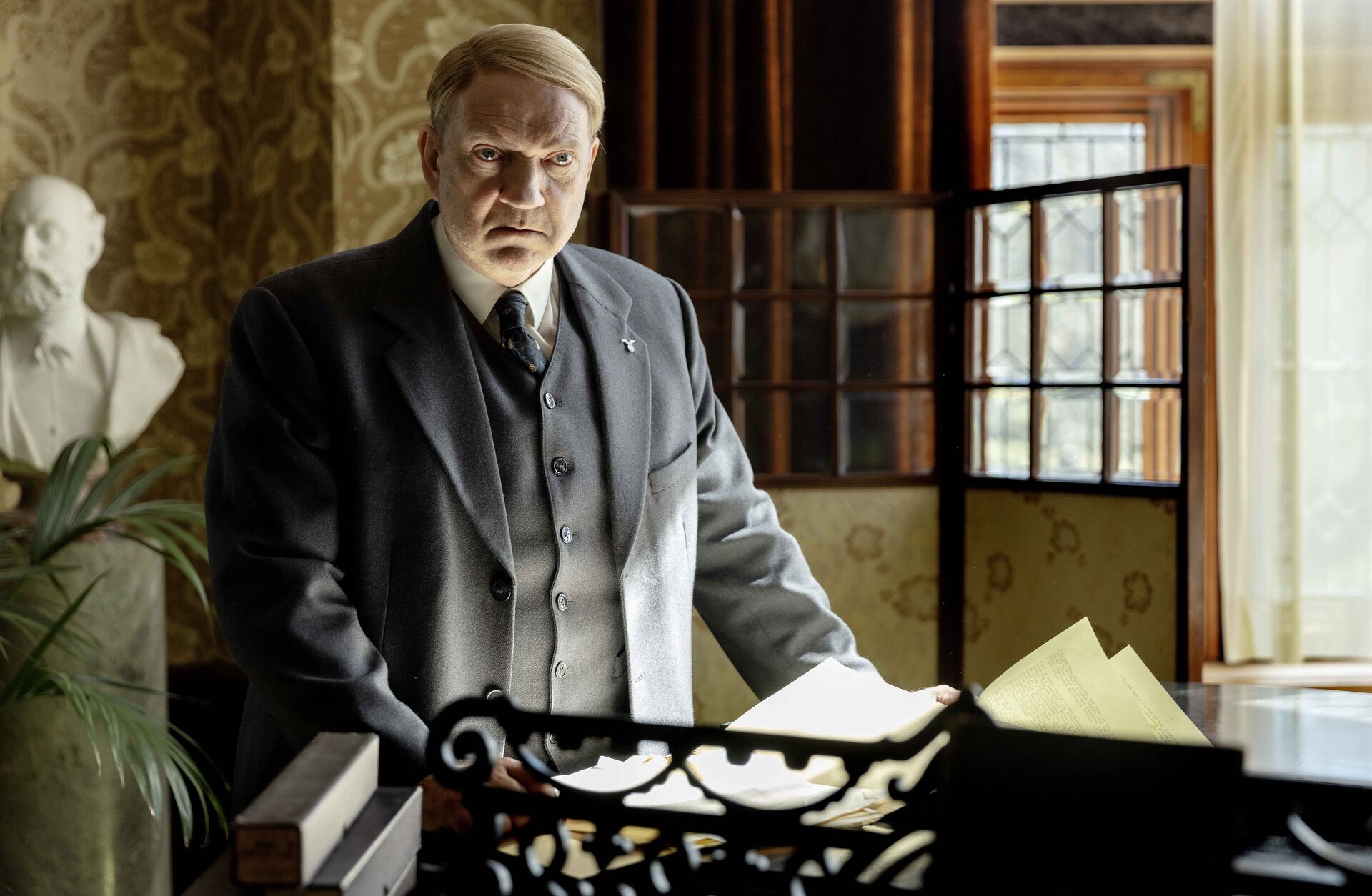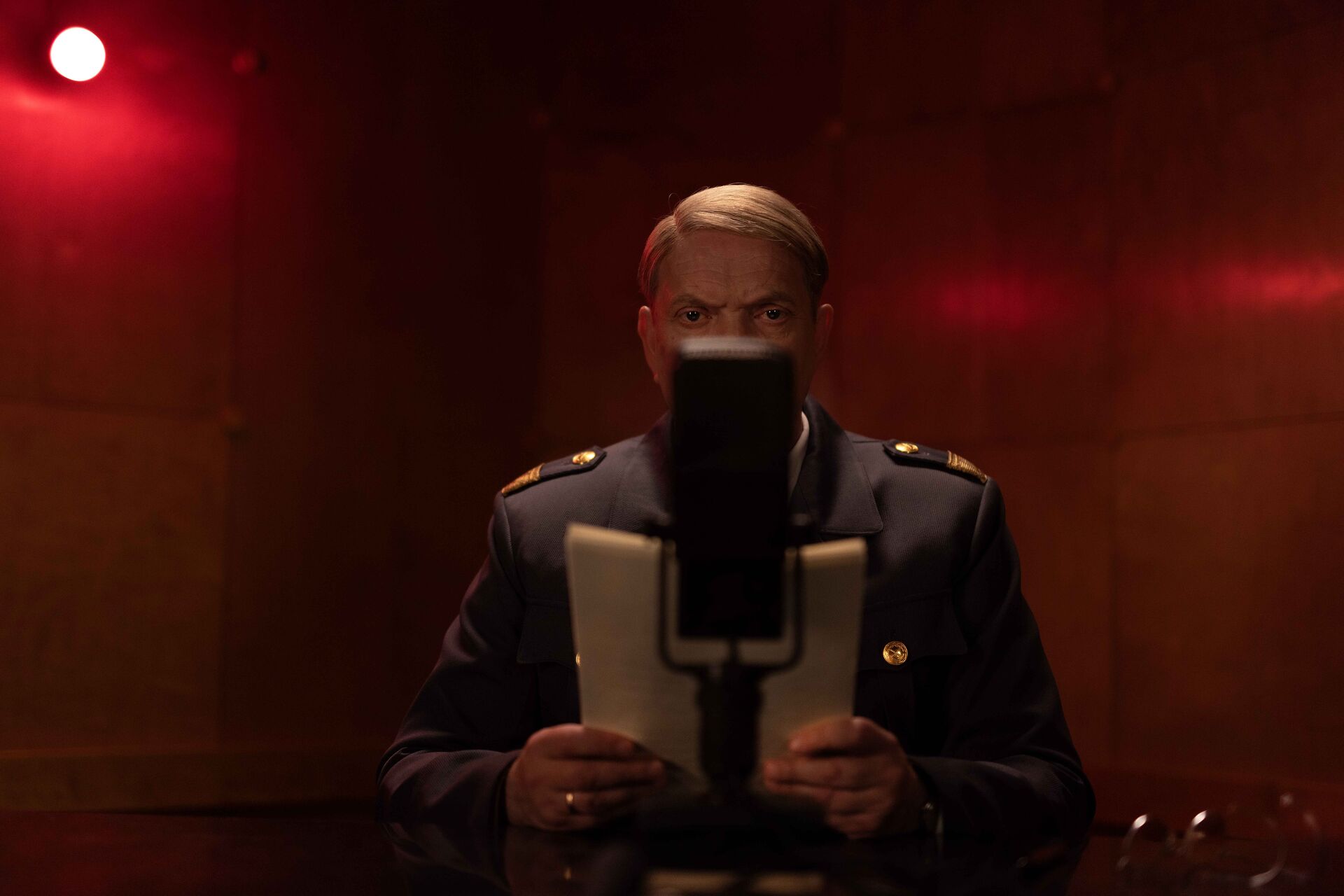Erik Poppe's new film portrays the terrifying figure of Norwegian Prime Minister Vidkun Quisling, who collaborated with the Nazis and betrayed his country. Now he waits alone for his trial in a dark cell, locked away with only his thoughts. The film gradually reveals the psychological layers of this chillingly remarkable personality through an interview and confession with priest Peder Olsen. Does Quisling feel responsible for his actions? Does his conscience weigh on him? Will his morals and values change before his inevitable end? The filmmaker poses fascinating questions about good, evil, lies and doubt.
The new film by Erik Poppe, the filmmaker behind Utøya, 22 July which recounted the tragic events of contemporary Norway’s darkest day, and the large-scale fictional fresco The Emigrants. Once again, Poppe delves into the history of oppression with a distinctive and stylistically refined look. He unfolds an intricate narrative set at the end of World War II, when the Nazi occupation of Norway ended after five years. It portrays the terrifying figure of Norwegian Prime Minister Vidkun Quisling, who collaborated with the Nazis and betrayed his country. Now alone, he awaits trial in a dark cell, locked away with nothing but his own thoughts. The film gradually reveals the psychological layers of this chillingly remarkable personality through an interview and confession with priest Peder Olsen. Does Quisling feel responsible for his actions? Does his conscience weigh on him? Will his morals and values change before his inevitable end? The filmmaker poses fascinating questions about good, evil, lies and doubt, unafraid to give the audience a glimpse into the dark abyss of the human condition. This claustrophobic drama builds on the dynamics of the central acting duo of Gard B. Eidsvold and Anders Danielsen Lie, who bridge two completely different worlds through their characters.






